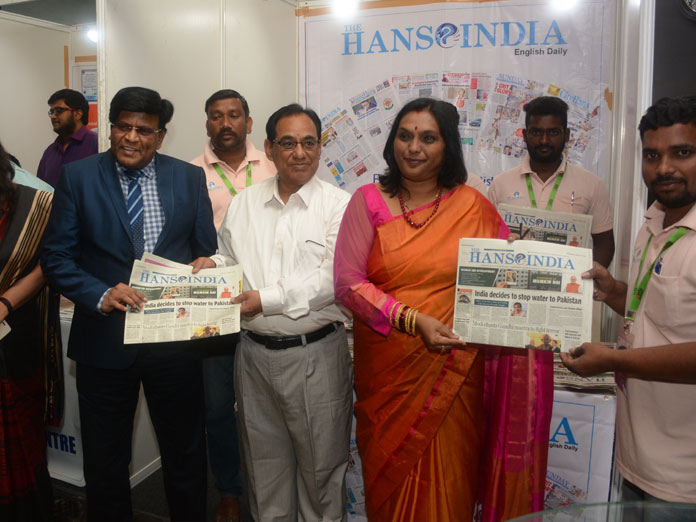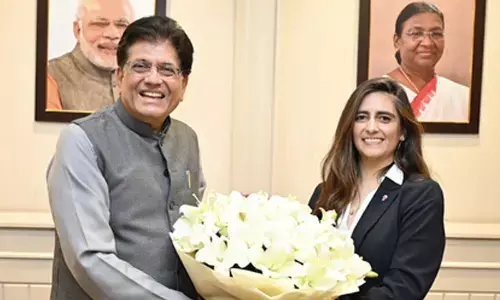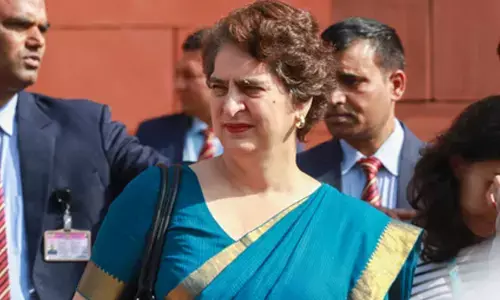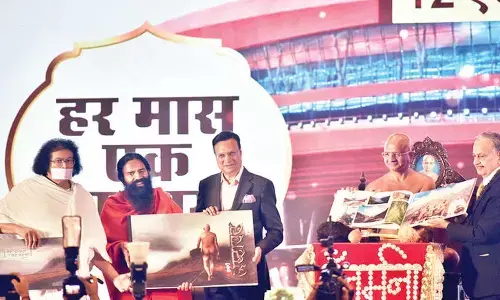Need to ensure parity in healthcare costs, norms

The onus is on the government to infuse a sense of parity in the healthcare system and ensure affordability There is no uniformity and there is a need to frame stringent rules so that private and government hospitals can provide good healthcare, said speakers at the oneday Healthcare Innovation Summit here on Friday
Hyderabad: The onus is on the government to infuse a sense of parity in the healthcare system and ensure affordability. There is no uniformity and there is a need to frame stringent rules so that private and government hospitals can provide good healthcare, said speakers at the one-day ‘Healthcare Innovation Summit’ here on Friday.
Dr Vijay Shekhar Reddy, Medical Director, Bloom Hospitals, Hyderabad, said “80% of the healthcare delivered in the country is by the private sector. The government should introduce stratification of healthcare where common procedures would be practised in level 1 and complicated procedures will be done by upper levels. This would stop upper levels from delivering simple procedures and charging higher fee and wasting resources. Medical education should be uniform so that the output will be the same and resource allocation is good.”
Starting a discussion, Dr Priti Challa, Managing Director, Challa Hospitals, Hyderabad, shed light considering patient’s ,affordability while rendering medicare. “We should not compete with other hospitals, we should rather try to fight the diseases. I suggest there should be a government body that sets a threshold for the fee as it would be fair for everyone. Taking the affordability factor of the patient into consideration is very important.”
Dr Tausif Thangalvadi, Medical Director, Premier Hospitals, Hyderabad, said “When we focus on patient’s satisfaction, we might compromise on their safety which is bad and for the satisfaction to improve the patient-nurse ratio should increase, which is very expensive. So we should move from patient satisfaction to patient engagement.”
Giving insight into how technology is involved in healthcare, Dr Sai Praveen Haranath, Medical Director, Apollo eACCESS telelCU service, Hyderabad, said, “Fortunately, because of the technology we are able to cross the barriers which were impossible a couple of years ago. Simple things about healthcare were not known in rural areas.”
Speaking on quality of healthcare, Dr Radha Krishna Rao Sagi, Medical Director, Prathima Hospitals, Hyderabad, said, “We cater to every patient in need no matter what. We do not compromise our quality and the patient-doctor relation would not be affected in terms of affordability. Healthcare is an experience not treatment.”
Girish Bommakanti, CEO, Gleneagles Global Hospitals, Hyderabad, spoke about how data is important in order to improve the healthcare, adding that, “Data about health problems is being collected; cost is going up, but the outcome is less. Across the country, if proper data is collected and analysed, it would be easy to arrive at solutions. How we minimise the health risk is important.”
Talking about the summit, S P Ganesan, CEO and Medical Director of Hitech Diagnostic, said, “It is a great event for healthcare professionals as we had many panel discussions and presentations on how to take healthcare to next level. It is good that the discussion is now between the private and the public sector about patient safety and satisfaction. We also talked about the growing importance of artificial intelligence in healthcare.”
Talking about the problems in healthcare, Dr P Rashmitha, Senior Physician, Sri Visista Super Speciality Ayurveda Hospital, Hyderabad, said: “The main hurdles we are facing now are insurance companies, even those who we are accredited with. We don’t get proper claims because we deal with Ayurveda. People should be more aware of the procedures we follow and the pros and cons of it without blindly judging it.”
















